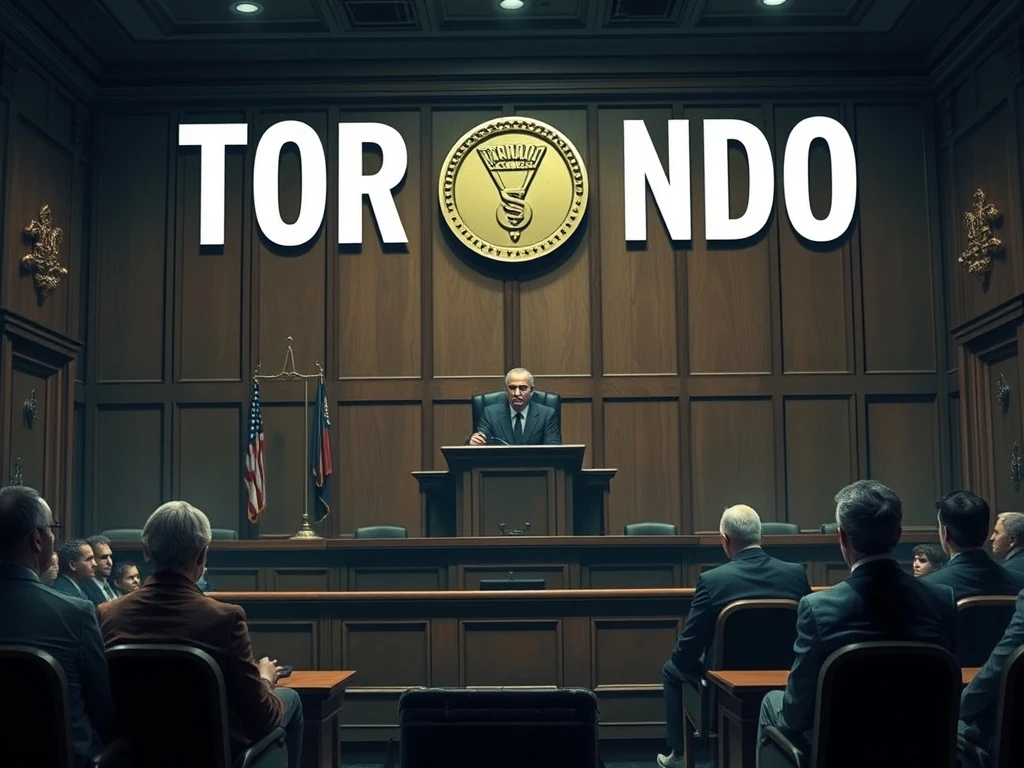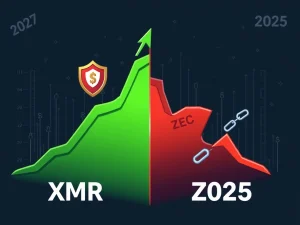Tornado Cash Founder Trial: Jury Deliberations Begin in High-Stakes Cryptocurrency Case

The cryptocurrency world is holding its breath as jury deliberations begin in the landmark Tornado Cash founder trial. This high-profile case could redefine the legal boundaries for blockchain developers and decentralized finance (DeFi) platforms. Will Roman Storm, co-founder of the controversial mixing service, be held accountable for alleged money laundering activities? The outcome may set a precedent affecting the entire crypto industry.
What is the Tornado Cash Trial About?
The U.S. Department of Justice has charged Roman Storm with facilitating money laundering through Tornado Cash, a decentralized cryptocurrency mixing service. Prosecutors allege:
- Over $1 billion in illicit funds were laundered through the platform
- The service helped North Korea’s Lazarus Group evade sanctions
- $350 million moved through Tornado Cash after sanctions were announced
Key Arguments in the Cryptocurrency Trial
| Prosecution Claims | Defense Counterarguments |
|---|---|
| Tornado Cash was designed for illegal activity | It was created as a privacy tool for legitimate users |
| Developers knew about potential misuse | Open-source nature means no control over usage |
| Active participation in money laundering | No willful intent to facilitate crime |
Why This Blockchain Legal Case Matters
The verdict could establish crucial legal precedents for:
- Developer liability in decentralized systems
- Regulation of privacy-focused crypto tools
- Law enforcement approaches to DeFi platforms
- Future innovation in blockchain technology
Potential Outcomes of the Money Laundering Case
If convicted, Storm faces up to 40 years in prison. The jury’s decision, expected in early August, could either:
- Chill development of privacy tools in crypto
- Establish clearer guidelines for legal DeFi operations
- Prompt regulatory changes affecting the entire industry
Frequently Asked Questions
What is Tornado Cash?
Tornado Cash is a decentralized cryptocurrency mixing service designed to enhance transaction privacy by obscuring the trail between senders and recipients.
Why is this trial significant for cryptocurrency?
This case tests whether developers can be held liable for how others use their decentralized software, potentially affecting all blockchain innovation.
What are the main charges against Roman Storm?
Storm faces charges of conspiracy to commit money laundering and violate sanctions through the Tornado Cash platform.
How might this affect other DeFi projects?
A conviction could force DeFi projects to implement more compliance measures, potentially compromising their decentralized nature.
When is the verdict expected?
The jury’s decision is anticipated in early August 2025.









